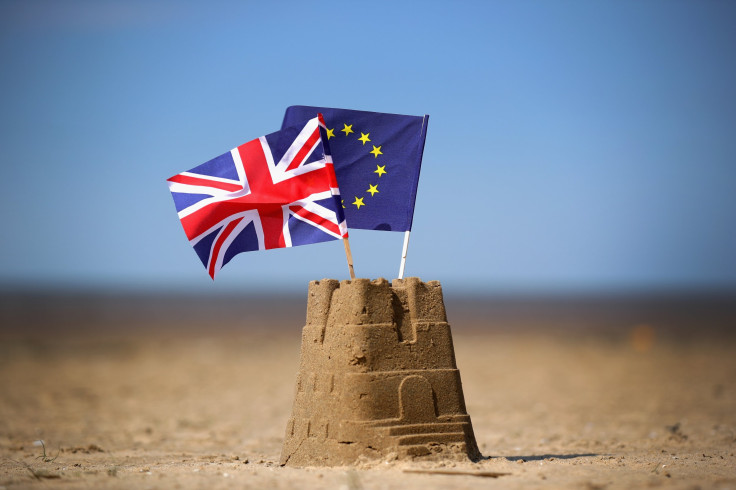Bank Of England: Brexit Could Reduce Growth, Send UK Pound Down ‘Sharply,’ Governor Mark Carney Warns

The Bank of England has warned unambiguously of sobering economic consequences if the U.K. votes to leave the European Union in an upcoming referendum, citing the possibility of lower consumption, higher unemployment and an aggregate contraction in growth.
Among all the risks to the U.K.’s economy, splitting from the EU ranks as “the most significant,” the Bank of England’s monetary policymaking committee reported.
The note, which accompanied the Bank of England’s announcement keeping interest rates steady, represents the central bank’s strongest warning yet on the effects of a British exit, or Brexit, from the EU. With a few exceptions, an overwhelming majority of economists regard such a decision as a major liability for U.K. business and investment.
Shortly after the Bank of England’s warning, U.K. Prime Minister David Cameron tweeted his approval of the bank’s message.
The Bank of England is right to warn leaving the EU could cause lower growth and unemployment to rise - that would hurt working people.
— David Cameron (@David_Cameron) May 12, 2016
Still, central bank officials stopped short of recommending one way or another on the scheduled June 23 referendum, consistent with previous assurances from Bank of England Governor Mark Carney that he would avoid chiming in. Despite reservations, the monetary policy committee promised it would adjust monetary policy as necessary, whatever the outcome.
But a Brexit could make that a complicated task. Leaving the EU could cause the British pound to contract “sharply,” the report said. Combined with impacts to demand, the vote “could lead to a materially lower path for growth and a notably higher path for inflation,” than previously projected, the report said.
That would create a dilemma for central bank officials. Rising inflation — triggered by the falling exchange rate — would compel policymakers to hike their benchmark interest rate, which they have held at a record-low 0.5 percent for 86 months.
But slumping growth would argue for an opposite tack, easing monetary policy or keeping it loose, forcing the Bank of England to weigh a “trade-off between stabilizing inflation on the one hand and output and employment on the other.”
© Copyright IBTimes 2024. All rights reserved.






















